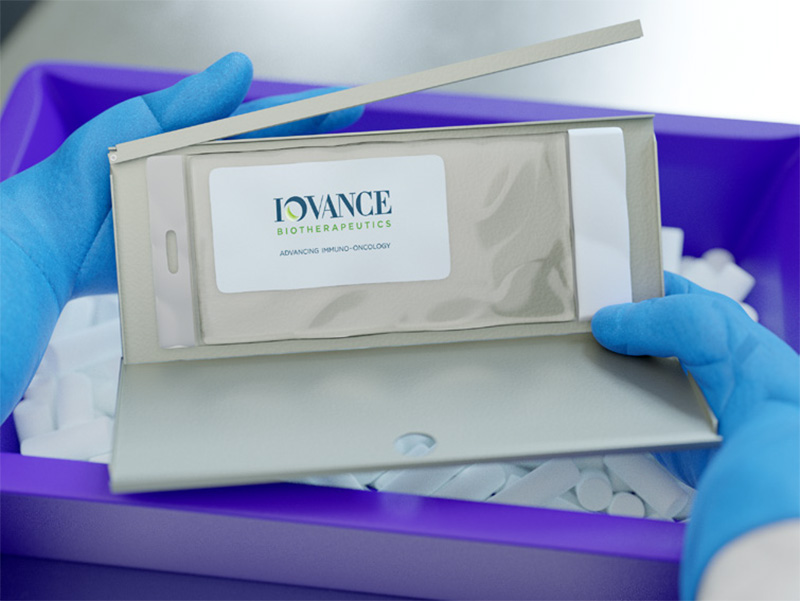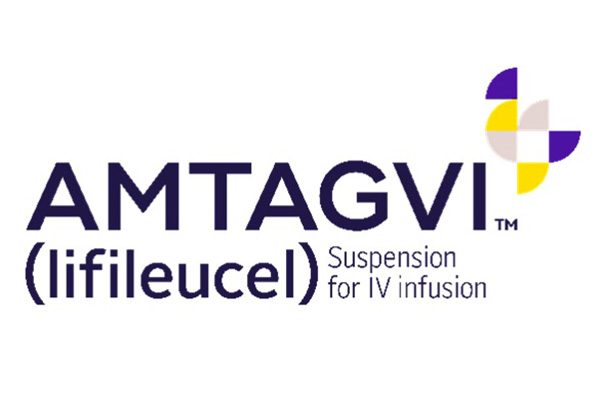
The U.S. Food and Drug Administration (FDA) made history on Friday by approving the first cancer cell therapy for any type of solid tumor.
The FDA approved a one-time, individualized T-cell therapy (lifileucel) to treat advanced melanoma, a skin cancer diagnosed in approximately 100,000 people in the U.S. each year. Lifileucel, a type of T-cell therapy called tumor-infiltrating lymphocyte (TIL) therapy, is manufactured by Iovance Biotherapeutics, Inc., and sold under the brand name Amtagvi.
The FDA approval of Amtagvi is for adults with unresectable or metastatic melanoma previously treated with a PD-1 blocking antibody, and if BRAF V600-positive, a BRAF inhibitor with or without a MEK inhibitor.
“This is a very good day for patients with melanoma and for the immunotherapy community. This approval validates the central role of T cells in controlling at least this tumor and provides promise for other solid tumor treatments.” — Michael T. Lotze, MD (University of Pittsburgh School of Medicine), the Chair of the ACGT Scientific Advisory Council
What is TIL therapy?
Tumor-infiltrating lymphocytes, or TILs, are immune cells that have started attacking tumors. TIL therapy is a cell therapy that gives cancer patients more of these immune cells.
People with cancer usually have TILs naturally attacking their tumors, but not enough to destroy the disease. The cells also become exhausted and ineffective over time.
Scientists create TIL therapies by collecting a piece of the patient’s tumor and separating TILs from the tumor sample. The cells are multiplied in a laboratory, and the new TILs are returned to the patient’s bloodstream to continue attacking tumors in much larger numbers.
Learn more here about TIL therapy and how this treatment can destroy melanoma and other solid tumors.
Clinical trial led to FDA approval.

The FDA’s approval is based on a phase 2 clinical trial using Amtagvi for people with advanced melanoma. The participants were treated with Amtagvi after receiving at least one systemic therapy, including a PD-1 blocking antibody, and if BRAF V600 mutation-positive, a BRAF inhibitor with or without a MEK inhibitor.
Among 73 people in the study, 23 (31.5%) had at least a partial anti-tumor response and three patients had complete responses (meaning there was no sign of cancer on scans). An estimated 43.5% of the anti-tumor responses lasted for at least 12 months.
In a larger pool of patients (153), 31.4% achieved an anti-tumor response and 54.2% of the responses lasted for at least 12 months.
“Given the significant unmet needs in the advanced melanoma community, we are proud to offer a personalized, one-time therapeutic option for these patients,” said Frederick Vogt, PhD, the Interim Chief Executive Officer and President of Iovance, in the company’s press release. “We are continuing our development efforts to address additional unmet medical needs in patients with solid tumor cancers, making our novel cell therapies available to more patients with melanoma and other types of cancers.”
ACGT’s long-lasting impact in cancer cell and gene therapy.
For more than 20 years, Alliance for Cancer Gene Therapy (ACGT) has been a leader in the funding and advancement of cell and gene therapy research. ACGT’s early-stage funding of CAR T-cell therapy research led to the first FDA approval of cell and gene therapy for blood cancer in 2017. There are now six CAR T-cell therapies approved for blood cancers, and these treatments continue to save the lives of many patients and offer new hope to all people diagnosed with cancer.
These advancements also have inspired scientists to research other types of cell and gene therapy, including TIL therapy, to expand options for patients and help people with difficult-to-treat solid tumors such as melanoma.
Page sources
- Iovance’s AMTAGVI™ (lifileucel) Receives U.S. FDA Accelerated Approval for Advanced Melanoma. Iovance Biotherapeutics. Retrieved from: https://ir.iovance.com/news-releases/news-release-details/iovances-amtagvitm-lifileucel-receives-us-fda-accelerated/. Accessed: 02/20/2024.
- Key Statistics for Melanoma Skin Cancer. American Cancer Society. Retrieved from: https://www.cancer.org/cancer/types/melanoma-skin-cancer/about/key-statistics.html. Accessed: 02/20/2024.
- FDA grants accelerated approval to lifileucel for unresectable or metastatic melanoma. U.S. Food and Drug Administration. Retrieved from: https://www.fda.gov/drugs/resources-information-approved-drugs/fda-grants-accelerated-approval-lifileucel-unresectable-or-metastatic-melanoma. Accessed: 02/20/2024.



